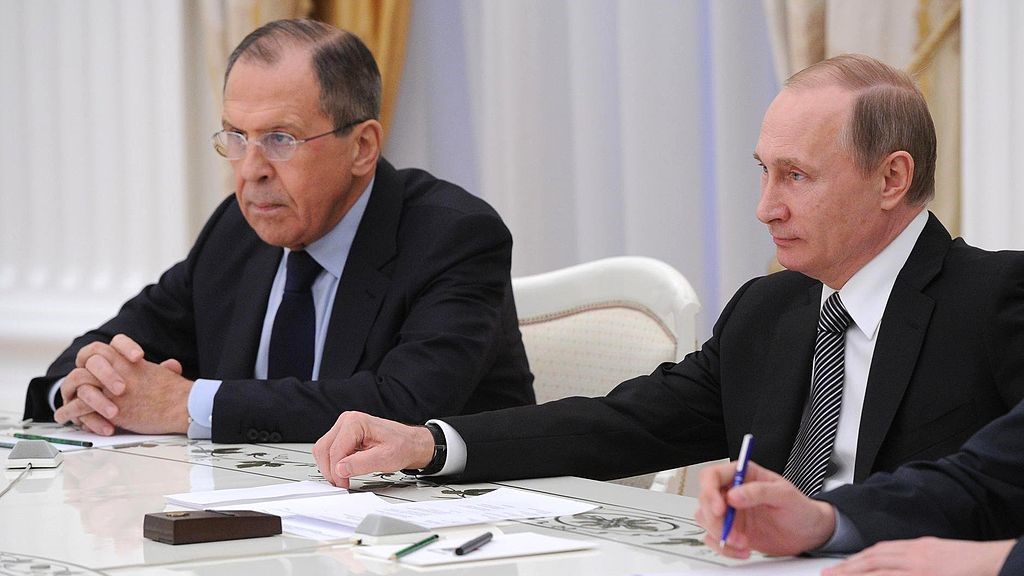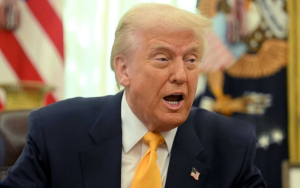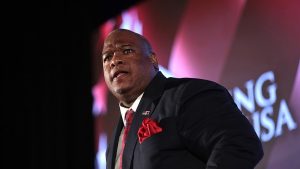Russian Foreign Minister Sergey Lavrov revives long-standing Kremlin rhetoric, blaming NATO for Europe’s security crisis.
Others are reading now
Russian Foreign Minister Sergey Lavrov declared on April 12 that NATO “should have been dissolved” following the collapse of the Soviet Union, claiming the alliance has lost its original purpose and now fuels insecurity across Europe.
Speaking at the Antalya Forum in Turkey, Lavrov accused NATO and the Organization for Security and Co-operation in Europe (OSCE) of failing to prevent war and instead “preparing for a new one.”
“The Eastern Bloc disappeared, but NATO remained. That’s a failed strategy,” Lavrov said, reviving Moscow’s long-standing position that NATO expansion is to blame for current tensions — a narrative used repeatedly to justify Russia’s aggressive military moves, including the invasion of Ukraine.
According to The Kyiv Independent, Western officials have repeatedly dismissed the Kremlin’s claims as revisionist history designed to shift blame for Russia’s actions.
Also read
While Lavrov accused NATO of violating verbal promises made in the early 1990s to avoid expanding eastward, declassified records show no binding agreement ever existed.
Membership decisions, NATO insists, are made collectively and by sovereign nations — not subject to Russian veto.
Nonetheless, Lavrov argued that even an informal “word of honor” from Western leaders should have prevented the alliance’s enlargement.
“People have been agreeing on something important without signing contracts — just a word of honor and a handshake,” he said.
Trump’s NATO Policy Looms Large in the Background
Lavrov’s renewed attack on NATO coincides with rising speculation that the Trump administration may reduce the U.S. troop presence in Eastern Europe.
President Donald Trump has frequently criticized NATO, especially members who fail to meet defense spending targets, and has questioned the alliance’s collective defense principle.
Some of Trump’s closest allies, including billionaire Elon Musk, have even suggested the U.S. should exit the alliance.
Yet others in his administration, like Secretary of State Marco Rubio, continue to reaffirm America’s commitment to NATO — while pressuring European allies to boost their military budgets.
Zelenskyy: “The Threat Is Real”
Ukrainian President Volodymyr Zelensky, speaking to CBS News on April 13, warned that Putin’s goals go far beyond Ukraine’s borders.
“If we do not stand firm, he will advance further,” Zelensky said, calling the possibility of a broader war in Europe “real.”
His warning echoes assessments from NATO leaders and intelligence agencies, many of whom believe Moscow is preparing for a wider confrontation in the coming years. Germany’s top general has suggested that NATO could face a major conflict with Russia as early as 2029.
NATO Secretary General Mark Rutte reaffirmed the alliance’s stance in February, stating that “any attack on a NATO member will be met with a devastating response.”



